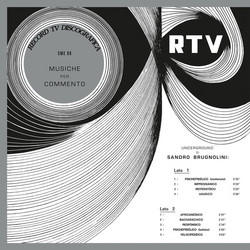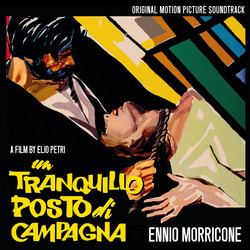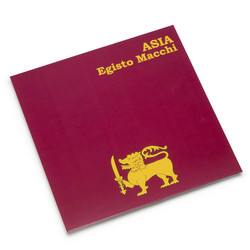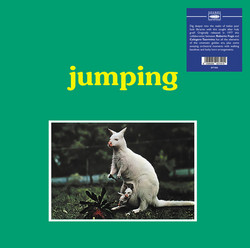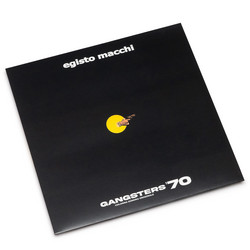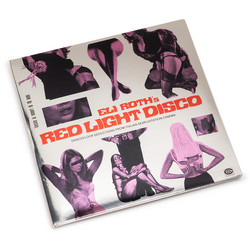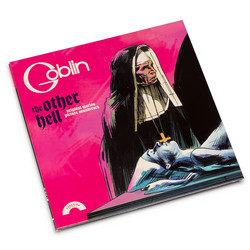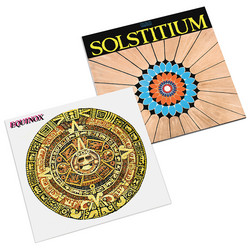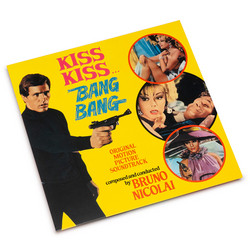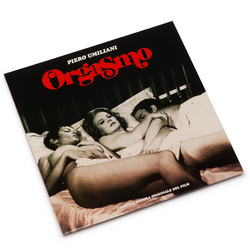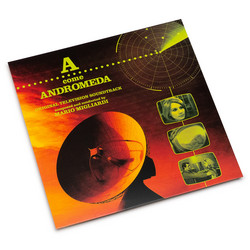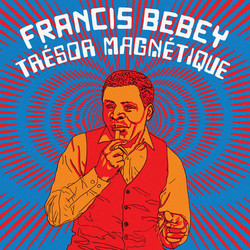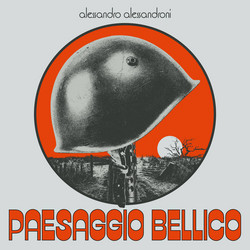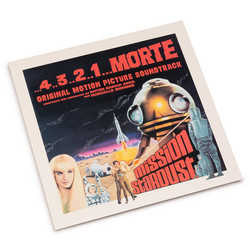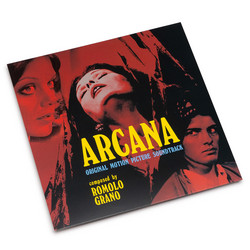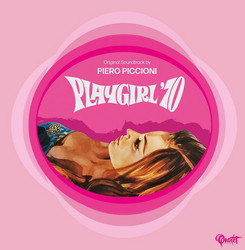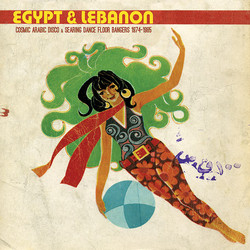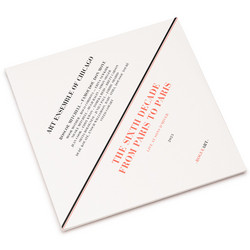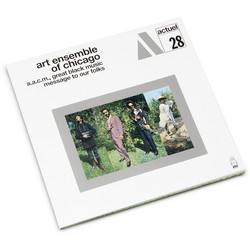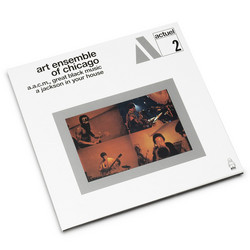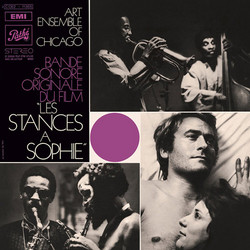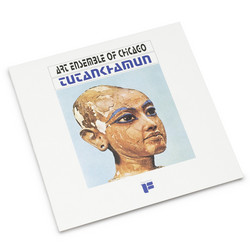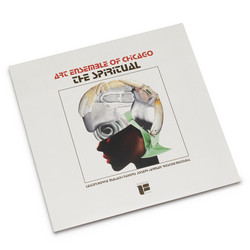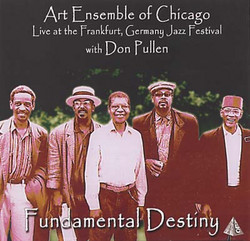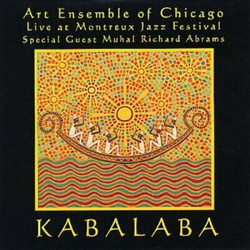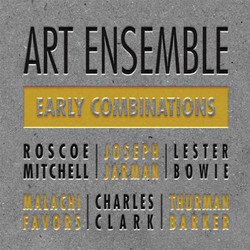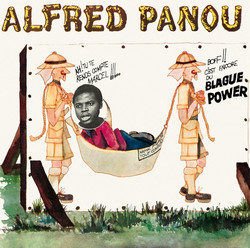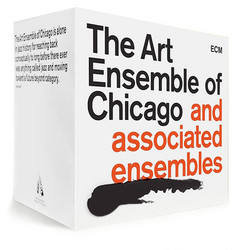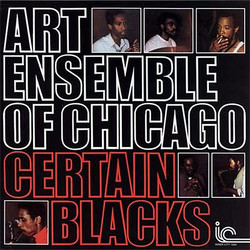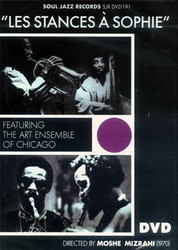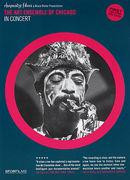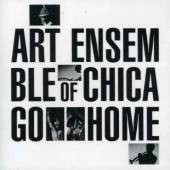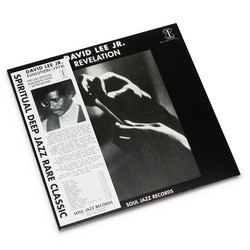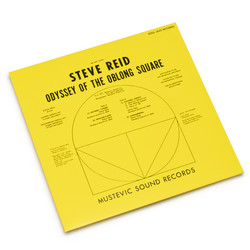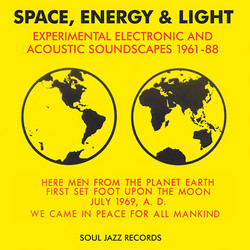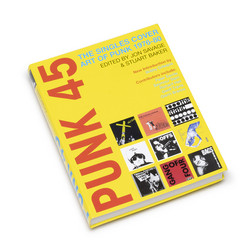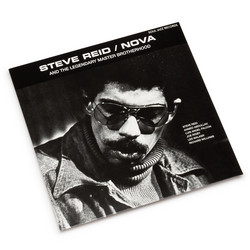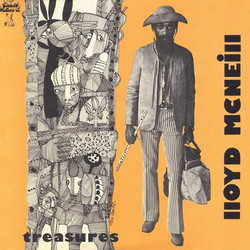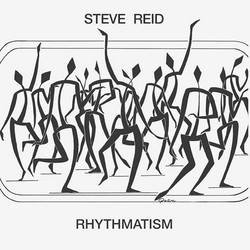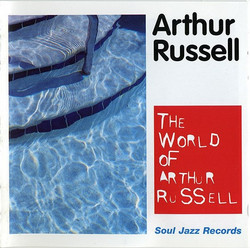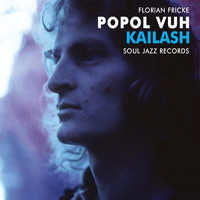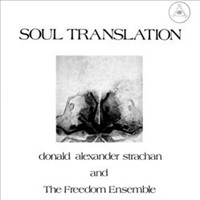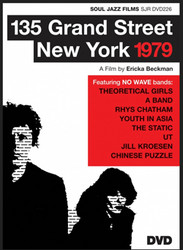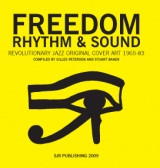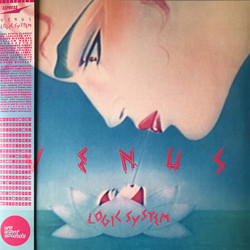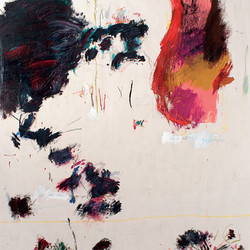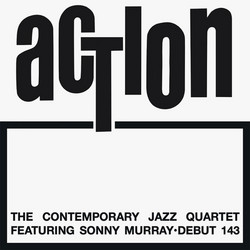1
2
3
4
5
6
Art Ensemble of Chicago
Les Stances À Sophie (Lp)
As the legendary Art Ensemble Of Chicago celebrates its 50th anniversary, Soul Jazz Records release a new, fully re-mastered edition of the group’s seminal 1970 album Les Stances à Sophie, which features the great singer Fontella Bass on the opening track Theme de Yoyo, a stunning 9-min opus that continues to startle and compel new audiences today. Drawing upon the mutual soul and funk background of Bass and her then husband Lester Bowie with all the power of the Art Ensemble Of Chicago’s collective musicianship on board, Theme de Yoyo is powerfully funky, soulful and free at the same time, a classic fusion of black music styles.
The Art Ensemble explored many areas of popular black music during their career. For instance, their Ancient to the Future: Tribute to the Masters album covered songs by artists such as James Brown, Fela Kuti and Jimi Hendrix. This however, remains a pinnacle moment in their exploration of black dance music. The Art Ensemble Of Chicago are one of the most important and radical jazz groups to come out of the USA.
Les Stances à Sophie was recorded in Paris in 1970 and features regular Art Ensemble members (Lester Bowie, Joseph Jarman, Roscoe Mitchell and Malachi Flavors) alongside newly recruited drummer Don Moye and guest Fontella Bass on vocals and piano. Fontella Bass already had a successful career as a soul singer - Rescue Me was her biggest hit in the Sixties. She and Lester Bowie first met in St Louis while working with legendary rhythm and blues producer Oliver Sain. Vocals (and lyrics), alongside a constant drum and bass beat, were new elements to the music of the Art Ensemble at this time.
Musicians such as Ornette Coleman and John Coltrane spearheaded the free jazz movement at the start of the 1960s. Far from simply defining a musical concept, they also began to redefine the concept of the African-American musician in society. A new period of self-respect and spirituality among musicians paralleled the Civil Rights Movement led by Martin Luther King and Malcolm X, encouraging self-determination and empowerment in every African-American musician.
The Art Ensemble explored many areas of popular black music during their career. For instance, their Ancient to the Future: Tribute to the Masters album covered songs by artists such as James Brown, Fela Kuti and Jimi Hendrix. This however, remains a pinnacle moment in their exploration of black dance music. The Art Ensemble Of Chicago are one of the most important and radical jazz groups to come out of the USA.
Les Stances à Sophie was recorded in Paris in 1970 and features regular Art Ensemble members (Lester Bowie, Joseph Jarman, Roscoe Mitchell and Malachi Flavors) alongside newly recruited drummer Don Moye and guest Fontella Bass on vocals and piano. Fontella Bass already had a successful career as a soul singer - Rescue Me was her biggest hit in the Sixties. She and Lester Bowie first met in St Louis while working with legendary rhythm and blues producer Oliver Sain. Vocals (and lyrics), alongside a constant drum and bass beat, were new elements to the music of the Art Ensemble at this time.
Musicians such as Ornette Coleman and John Coltrane spearheaded the free jazz movement at the start of the 1960s. Far from simply defining a musical concept, they also began to redefine the concept of the African-American musician in society. A new period of self-respect and spirituality among musicians paralleled the Civil Rights Movement led by Martin Luther King and Malcolm X, encouraging self-determination and empowerment in every African-American musician.
Details
Cat. number: SJR LP191
Year: 2018

